A virus-based treatment for stroke rebuilds neural connections and vascular networks in the brain.
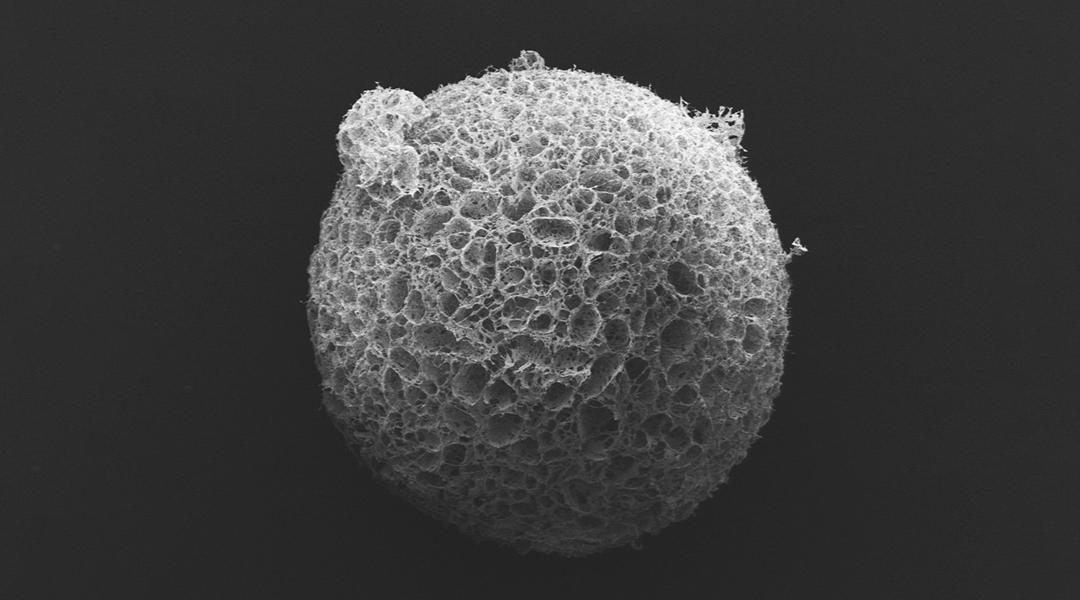


A virus-based treatment for stroke rebuilds neural connections and vascular networks in the brain.

Mechanical engineers put Oreo cream filling through a battery of tests to understand what happens when two wafers are twisted apart.
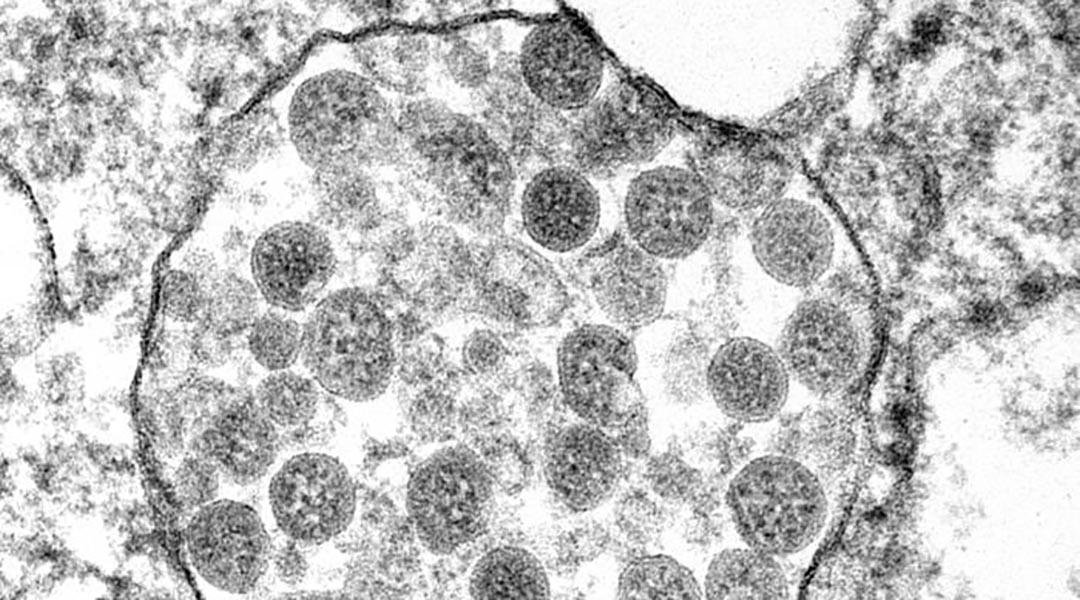
Using nanoparticles fitted with ACE2 receptors, researchers hope to lure SARS-CoV-2 away from healthy cells to inhibit the virus and treat infection.
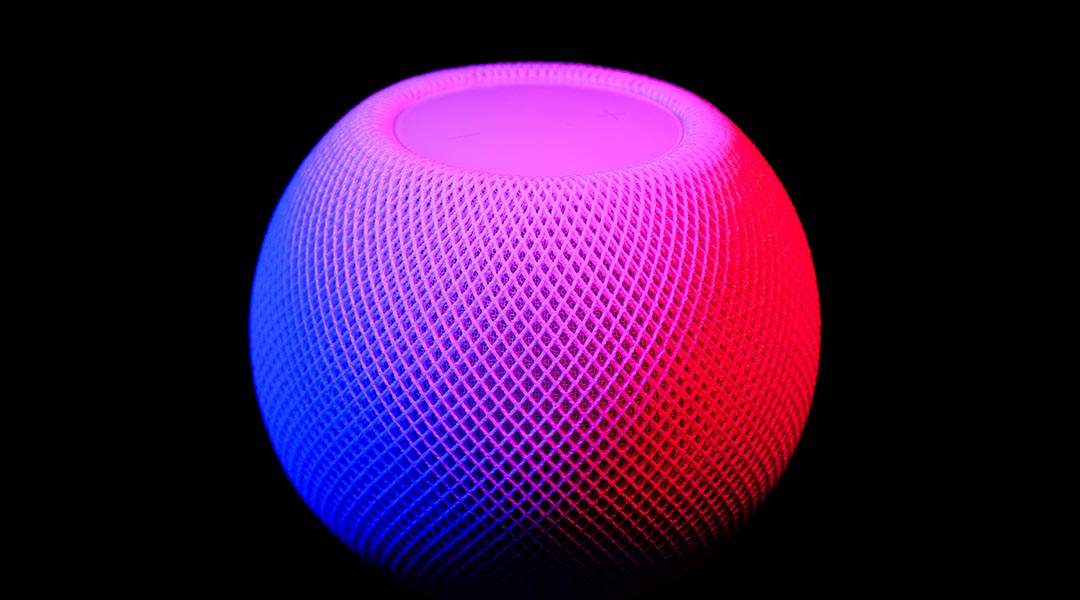
Study participants were more comfortable with voice-based AI companions compared to robots that act and look like humans.

Using a chemical signature in the breath, a newly approved COVID-19 breathalyzer could provide an easy and rapid means of testing.

Chicken feathers enhance the quality of biogas produced from human waste, allowing impoverished communities to generate their own power.
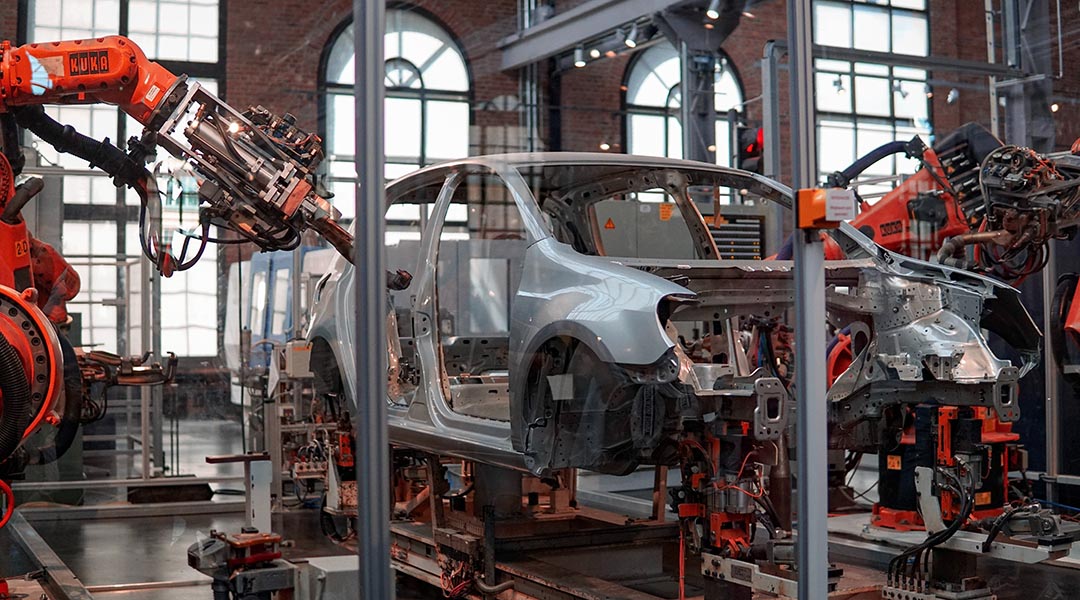
Researchers calculate the automation risk of almost 1000 existing occupations and provide alternatives based on skill set.

Astronomers capture images of a four billion-year-old relic that fell from the theorized Oort Cloud that encircles our Solar System.

A compilation of data gathered over the last 20 years shows a surprising drop in global temperatures on Neptune.
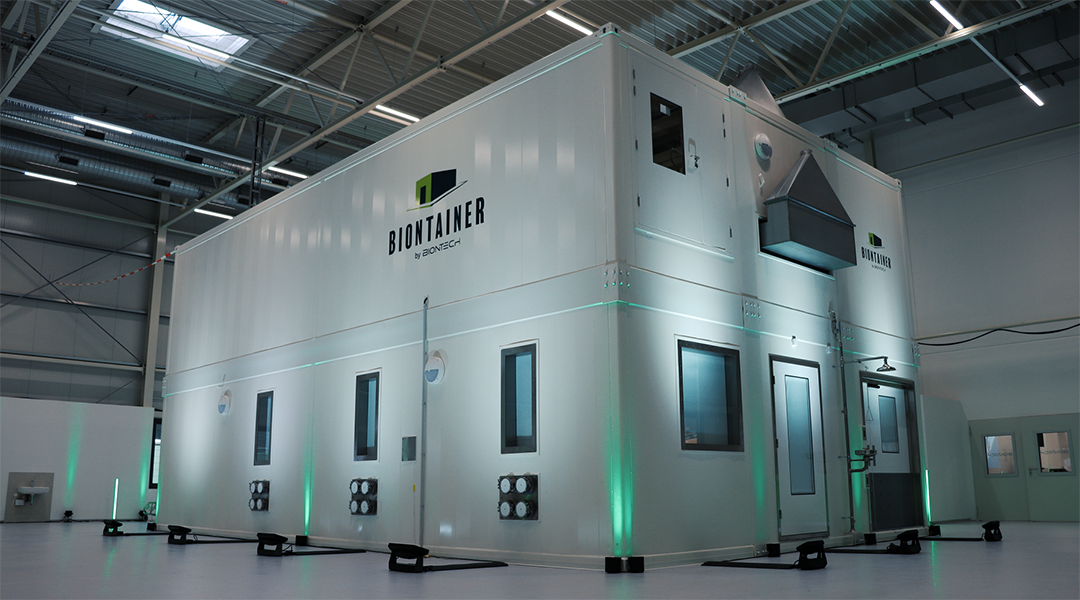
Without independent vaccine manufacturing in Africa, the social and economic costs of the pandemic will only be prolonged.